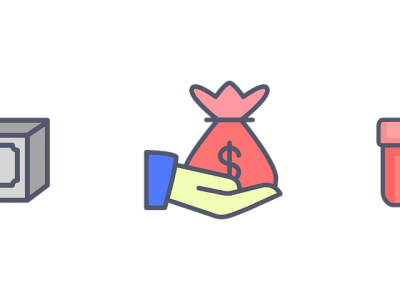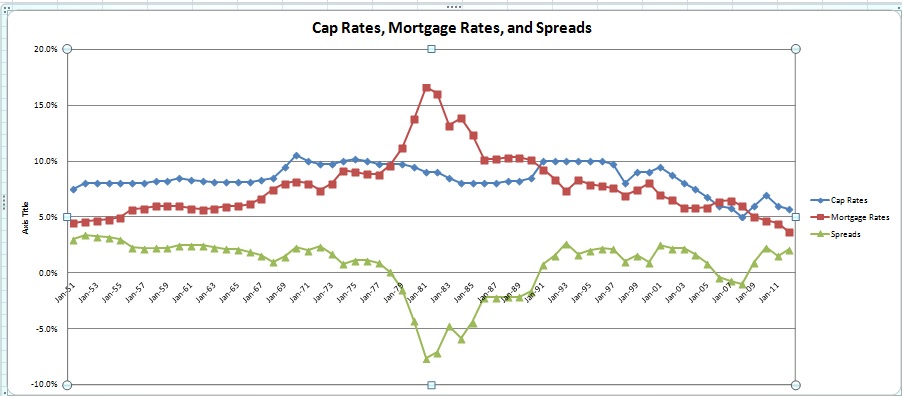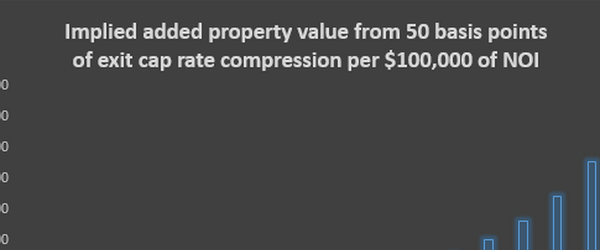Shutting costs for home refinancing or purchases can be misunderstood and frustrating for you and seller (who is probably very soon going to become buyer). Closing costs are assessed the moment a purchase agreement is finalized while using seller and/or their agent. Different costs will vary by county, state, and lending institution. Nevertheless, there is a number associated with fairly standard closing costs that people will discuss and explain in order that you won’t be taken for a ride when you purchase or refinance anyone loan.
Be aware that all closing costs should be disclosed in a good faith estimate – meaning there needs to be no unexpected or hidden fees that arrive when the paperwork is signed plus the deal sealed. If there tend to be, this is often referred in order to as “bait and switch, ” an unethical practice that unfortunately is oftentimes used by mortgage brokers or lending institutions to make additional money from a mortgage.
Standard Closing CostsPoints: An argument is a percentage point for the value of the loan that is certainly paid up front to acquire down the loan rate. The amount of points will depend on the sort of loan (expect 1 to 3 points using a standard loan and anywhere from 3-6 points using a hard money or bad credit ratings loan). Points are assessed inside closing costs.
Loan origination payment: This is the fee paid towards the lender or lending institution to hide the mortgage processing, essentially all the paperwork.
Private mortgage insurance: Often referred to as the PMI. If a borrower isn’t going to wish, or is unable in order to, put 20% of the purchase price down on a home loan, they will usually be required to carry private mortgage insurance. PMI protects the lender should the borrower default on his or her loan. Private mortgage insurance usually prices one-half of 1 percent of the number of the loan. Once a homeowner has at least 20% equity in your house, they are no longer required to carry PMI.
Title insurance: Title insurance is paid by the buyer when the seller does not actually own the property that they are selling or if there is often alien or additional ownership claim for the property. Title insurance will differ by state and count, and is dependant on property value.
Appraisal Cost: This can be the cost paid to an independent appraiser who determines the fair market price of a property prior in order to its sale. Appraisals can differ in value, depending on how thorough the appraiser is (appraisals might be based on only comparative purchase prices for comparable homes as area). The appraisal value is clearly important to all parties involved in the sale – for the loan company, the appraisal value determines if thez borrower has sufficient collateral to the loan.
Escrow Tax Deposits: These vary widely from state to talk about.Escrow Fees: The title company assesses these fees to fund its costs.
Property survey: If any questions or ongoing disputes exist associated with boundary issues, plot layout, and so on. the lender may require a home survey.
Homeowner’s insurance: This type of insurance is not in the closing costs, although it is a cost a home owner will incur when they move into their brand new home. property value, location, kind of home and numerous other variables. Homeowner’s insurance is often relatively low when comparing other types of insurance.
Residence Inspection: This is another cost that’s not including in the closing prices, but will come out in the buyer’s pocket. The home inspection is an inclusive element of purchasing a home as the house inspector may find significant problems with the home that needs to be negotiated prior to the purchase agreement.
Other closing fees might include transfer fees, a credit report fee and recording fees. Different Important RemindersClosing costs are many and seem to keep popping up when you are purchasing a home (certainly the first). There is no single way that closing costs are assessed – sometimes you and seller will split a particular cost and other times the bank will pick up a number of taxes and/or costs. It all depends on negotiation between buyer, vendor, lender and the particular laws that govern the exact property state.





































Comments